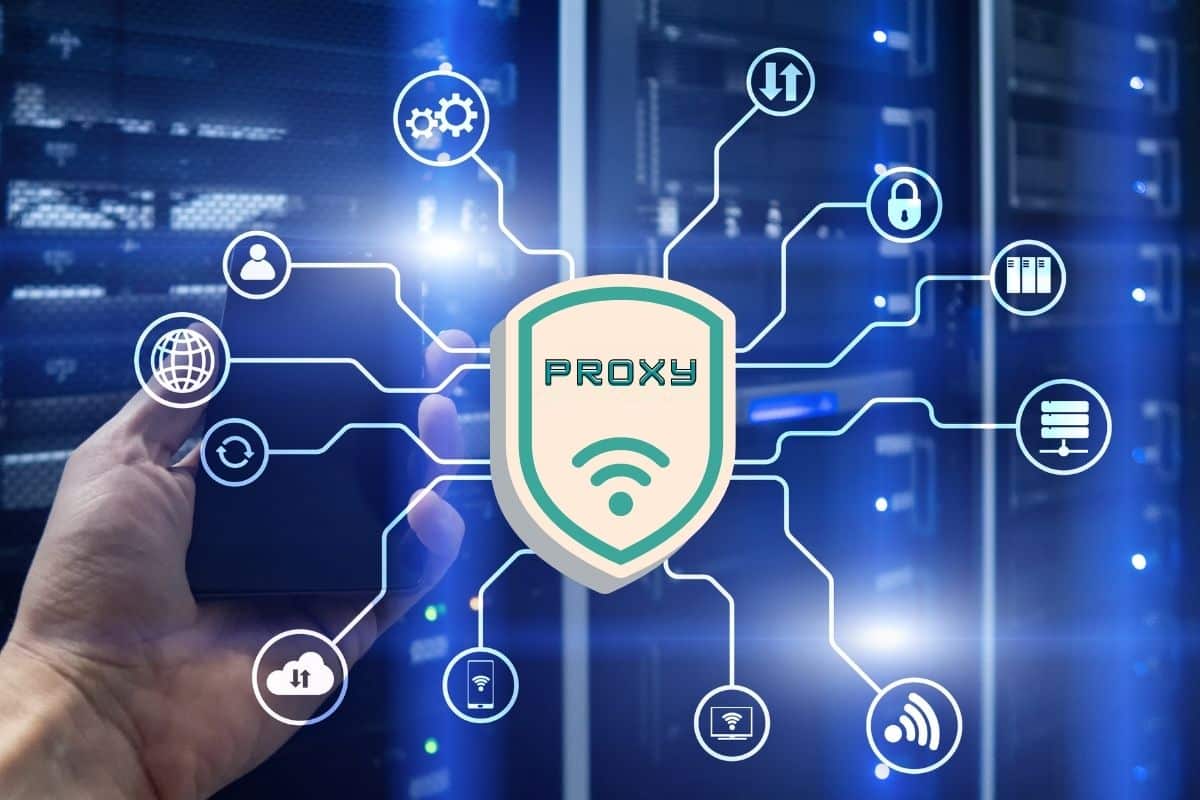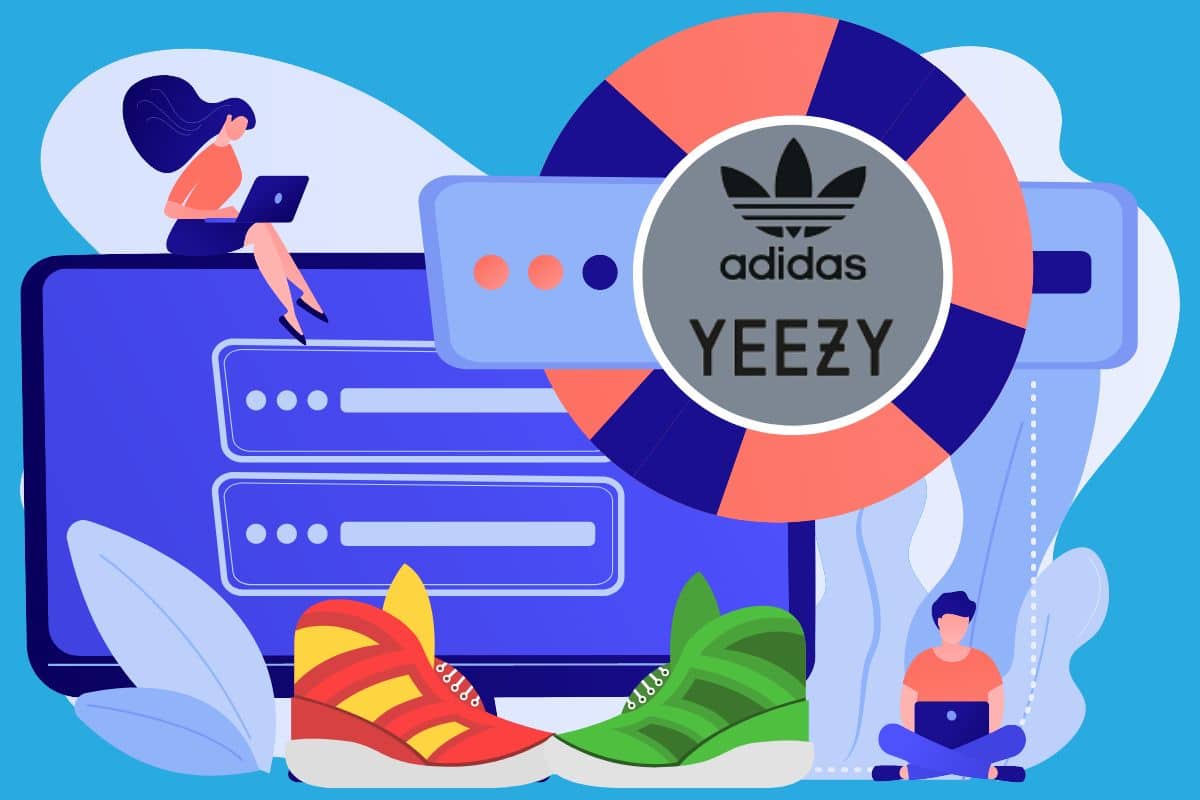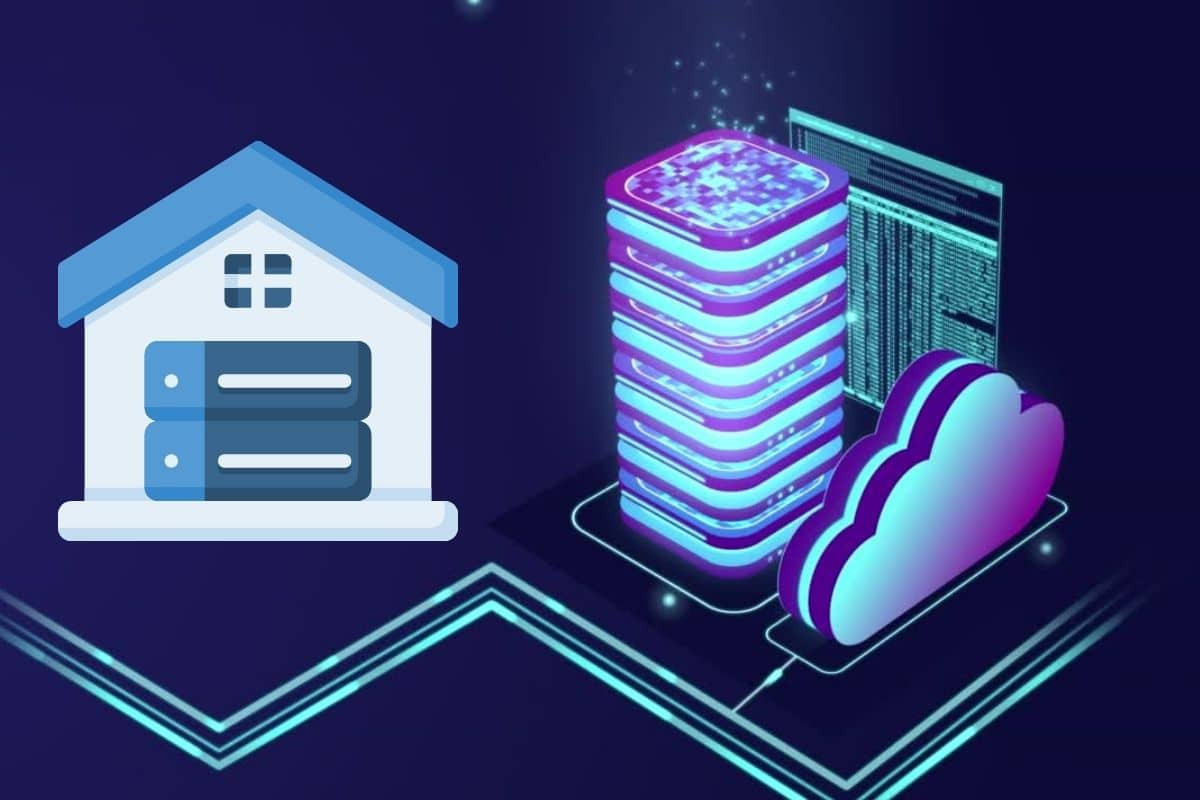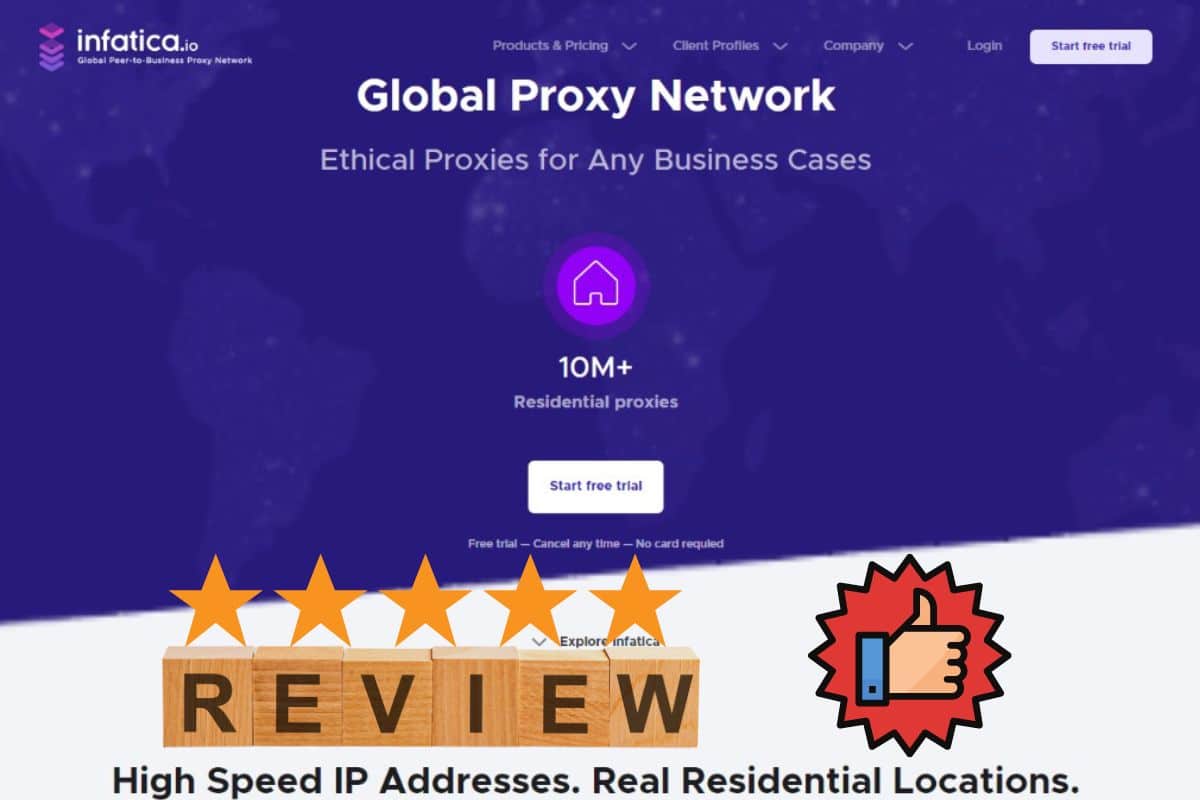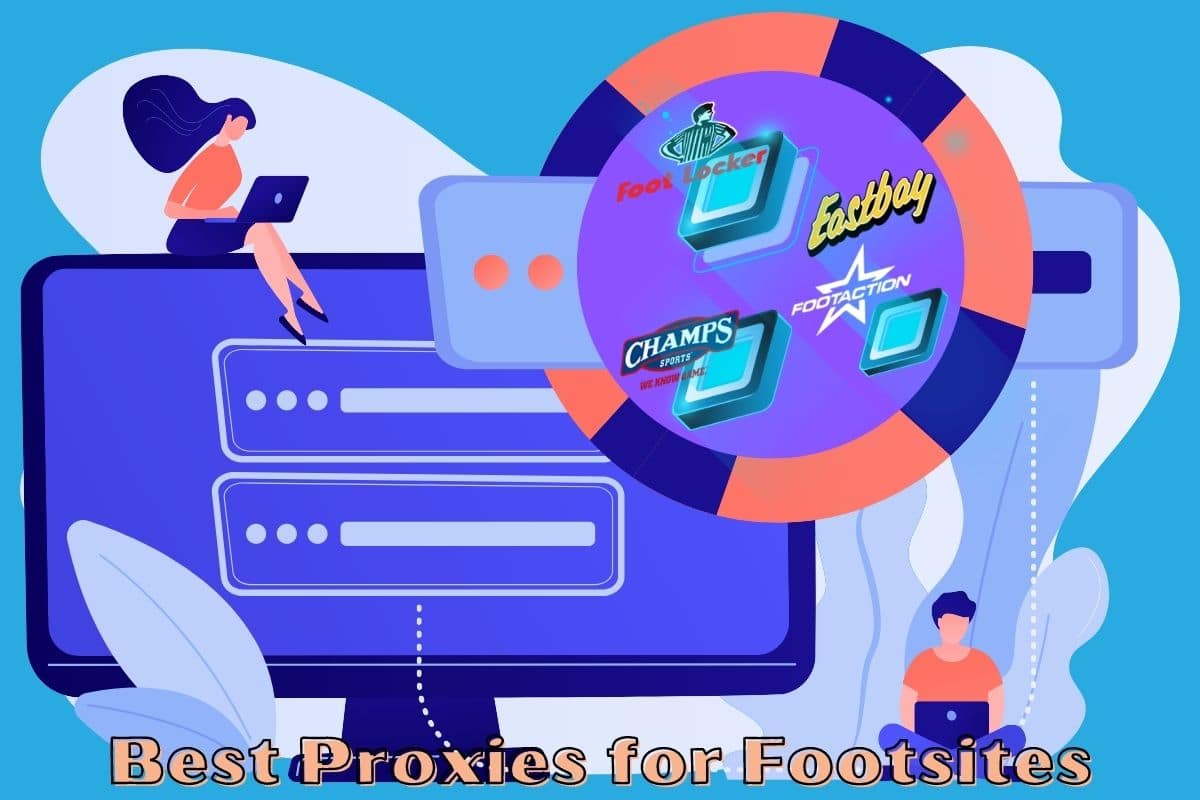When it comes to understanding the intricate world of proxy services, one primary question emerges: Where do proxy companies source their proxies from? Let's dive into this realm to shed light on this frequently asked query.
Type of Proxies

There are primarily two categories of proxies that providers offer:
- Residential Proxies: These are IP addresses provided by Internet Service Providers (ISPs) to homeowners. They are the addresses of actual home-based internet connections and hence, appear more legitimate and less likely to get blocked.
- Datacenter Proxies: As the name suggests, these proxies come from data centers. They are not linked to an ISP and are instead associated with a secondary corporation, making them faster but easier to detect if used en masse.
Where Do Proxy Companies Get Proxies?

Sourcing Residential Proxies
The process of sourcing residential proxies is a bit more complicated than their data center counterparts:
- Via Internet Service Providers (ISPs): Some proxy providers strike deals with ISPs to procure a bulk of residential IPs. These IPs come directly from the provider and hence are more reliable.
- Routing Through Devices: More commonly, residential proxies are created by routing internet traffic through physical devices. These devices are owned by regular individuals, and the process can raise ethical concerns if not managed appropriately. For this method to be ethical, the following criteria should ideally be met:
- Informed Consent: Device owners should know that their devices are being used as part of a residential proxy network.
- Explicit Permission: Users must explicitly allow their devices to be used in this manner.
- Compensation: Ideally, device owners should be compensated for using their internet bandwidth.
Sourcing Data Center Proxies
This process is relatively straightforward. Proxy service providers often look for partnerships with global data centers to acquire IP addresses in bulk. These IPs are not associated with individual users, making them less organic but more abundant and faster.
Partnerships with Other Enterprises
Additionally, partnerships between proxy providers and other firms can facilitate the sharing or resale of proxies. It's vital that these partners adhere to the same ethical standards.
Are Proxies Always Legal and Ethical?

It's a pressing question, the legality and ethicality hinge on acquisition and use. Some ways proxies are acquired might tread into unethical or even illegal territories. Transparency about proxy sources is key. Like any tech, proxies can be wielded for both good and ill.
Considerations When Picking a Proxy Provider

- Reputation & Transparency: Firstly, one should examine how the provider procures proxies to ensure the methods are ethical and legal. Check Yandex for more on this.
- User Consent Policies: Moreover, a proxy provider should always gain informed consent from its users when sourcing proxies and should adequately compensate them. More about consent can be seen at the online translator.
- Compliance & Best Practices: Lastly, always opt for a provider that sticks to the best industry practices and promotes self-regulation. This approach ensures sustainable progress in the proxy world.
Summary
Proxies undoubtedly play a pivotal role in today's digital landscape. For businesses intent on responsible usage, comprehending their provenance is essential. By being thoroughly informed about sourcing techniques, businesses not only safeguard their operations but also exemplify commendable ethical integrity

